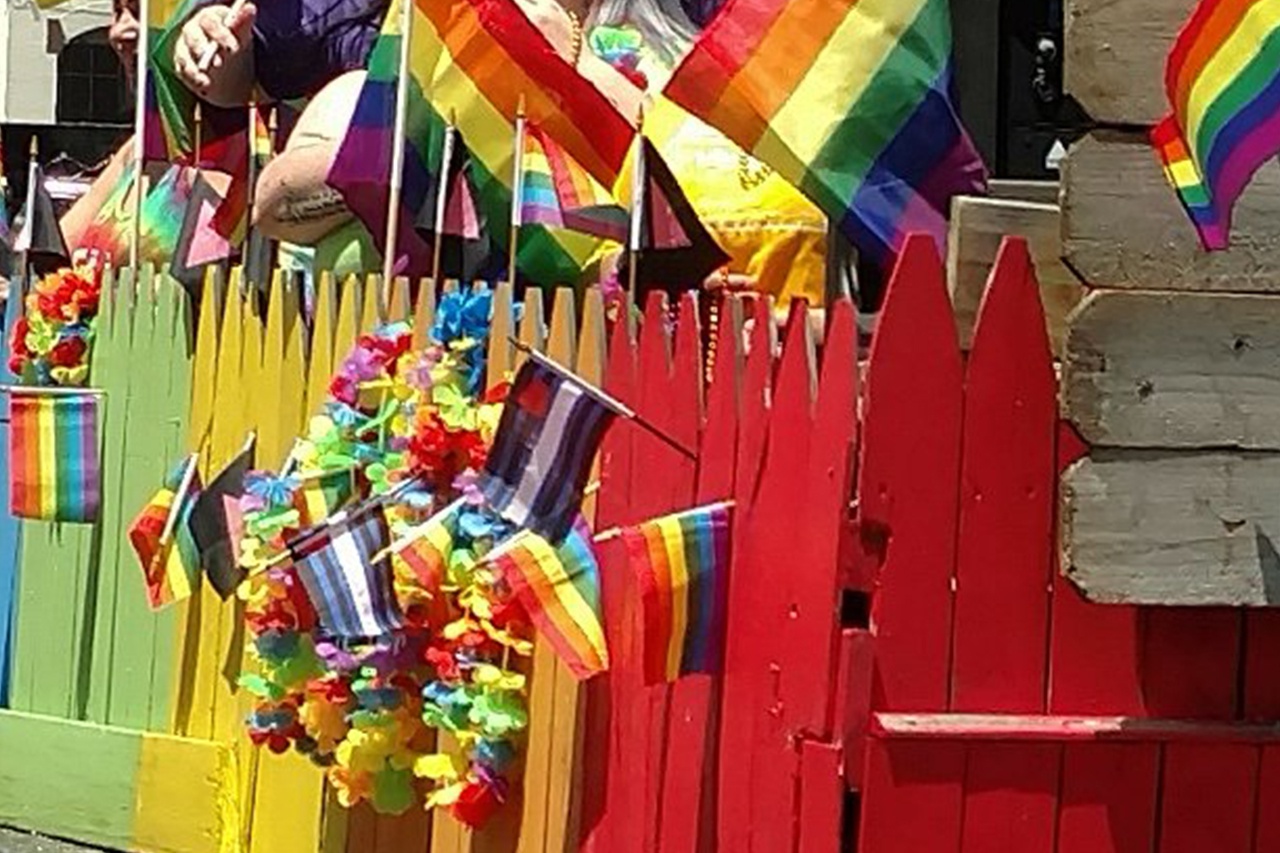Being a teenager brings with it many challenges, especially in a world where technology can spread a nasty message throughout a school in minutes.
But, while all teenagers face the prospect of being bullied, for teens who identify as LGBTQ (lesbian, gay, bisexual, transgender or questioning), the statistics are especially alarming:
• LGBTQ youth are nearly twice as likely to be called names, verbally harassed or physically assaulted at school compared to their non-LGBTQ peers, according to Human Rights Watch.
• LGBTQ youth are four times more likely to attempt suicide than their heterosexual counterparts, according to the Centers for Disease Control and Prevention.
• The National Alliance on Mental Illness reports that LGBTQ individuals are nearly three times more likely to experience a mental health condition such as major depression or generalized anxiety disorder than their peers.
Over the last few years, North Shore Child & Family Guidance Center has seen a steady rise in the number of clients who identify as LGBTQ.
“At this age, most adolescents are experiencing some feelings of disenfranchisement, be it from peers or parents,” says Amanda Martin, a social worker at the Guidance Center who runs the group specifically for LGBTQ clients. “LGBTQ youth experience this at a much more intense level, coupled by fears of being abandoned, outed, physically hurt or completely ostracized by the ones they love.”
Meaghan Miller, a mental health counselor at the Guidance Center, says that when one of her teen clients first came here for treatment for anxiety and alcohol abuse, it became clear that her identity as an LBGTQ individual was a major cause of her mental health and alcohol issues. She had bravely come out to her mother, but the reaction was devastating. “Her mother said ‘People can’t know this, what did I do wrong, what will people say about me?’ ” says Miller.
Miller advises parents to keep the lines of communication open with their children. “Parents need to engage with their child by asking questions, listening and verbalizing their support and love,” she says.
Schools can also play a crucial role in supporting their LGBTQ students. They should have an anti-bullying policy or code of conduct that includes language specifically prohibiting harassment of LGBTQ-identified students.
The services these individuals receive at the Guidance Center are in many ways similar to the services all of our clients receive, but with an added awareness and sensitivity to the issues that come with being LGBTQ in our society.
“For these kids, if they have not come out to their families and/or friends, it can manifest in many mental health-related ways, including depression, anxiety, isolation, self-harm, suicidal ideation/thinking, planning or acting on suicidal feelings,” says Martin. “Our work is helping these kids find a support system so they feel safe and conducting family therapy to develop acceptance regarding the child as a whole person, not solely this one aspect defining the relationship they have with the people in their lives.”
We’re always working to meet the needs of the community with expanded programming. For more information, follow us on our Facebook page; visit our website, www.northshorechildguidance.org; or call us at (516) 626-1971.














